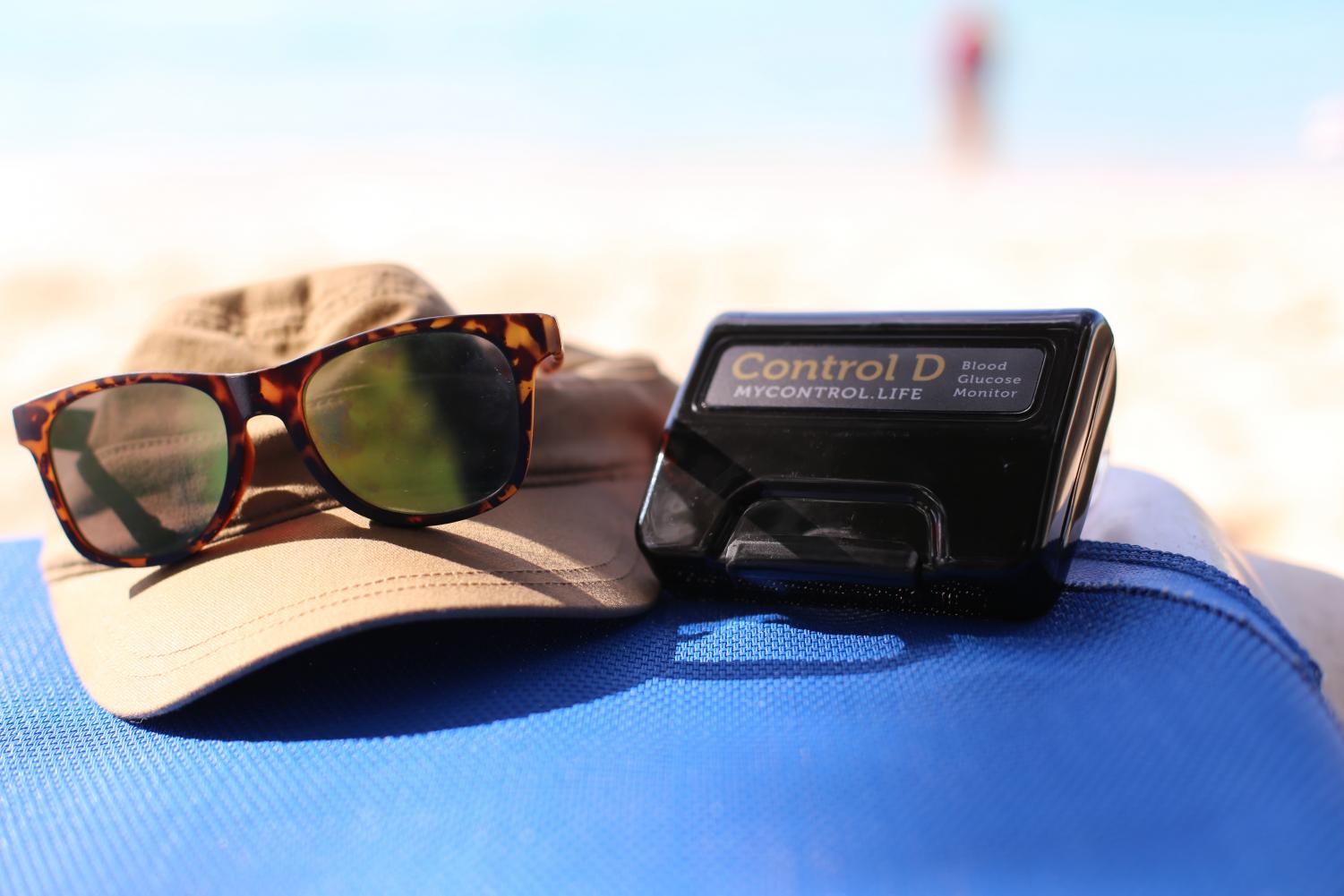Insulin Legislation Tediously Inches Along
Minnesota legislators are making slow progress towards reaching agreements on an insulin assistance program, which would aid millions
 “It’s not easy to swipe my debit card and pay 500 dollars for medicine that, seven years ago, my body just naturally made,” Mitch Riibe commented in regards to the expensive cost of insulin.
“It’s not easy to swipe my debit card and pay 500 dollars for medicine that, seven years ago, my body just naturally made,” Mitch Riibe commented in regards to the expensive cost of insulin.
Riibe an SMSU student who has diabetes, and according to the CDC, Riibe is merely one of the 100 million adult diabetics in the United States who has to pay a small fortune just to survive another day.
Lawmakers in Minnesota are locked in a battle over how to structure laws for an insulin assistance program, which would aim to make the life-saving hormone more affordable.
The state Senate held a hearing on Monday, and neither side of the aisle was budging towards compromise, as both Republicans and Democrats raised numerous objections. G-O-P Senator Jim Abler from Anoka warned his colleagues on both sides of the aisle that the longer it takes, the more lives we lose to the high cost of insulin.
Riibe says he is one of the lucky ones, though. If you have diabetes but not desirable insurance, the weight of the burden quickly becomes unbearable. “I have good insurance, but not a lot of people do; there are a lot of people who on a daily basis ration their insulin so they can make it on their income,” Riibe said. “This has huge impacts on a person’s overall health and then they end up dealing with more than just their diabetes– now, it’s heart disease, blindness, losing appendages, and kidney failure.”
Democrats want to charge drug manufacturers a fee to pay for a state-run program. Republicans propose that drug makers provide free insulin to patients who can’t afford it. Overall, there is skepticism towards both sides of the issue, however, Minnesota Democrats are questioning the Republicans change of narrative pace.
Republicans want to change their approach towards the insulin assistance program, and this change is odd because it comes after a working group over the summer laboriously worked out the details for a state-run program. Republican Eric Pratt from Prior Lake responds his bill makes sure patients have insulin until they are enrolled in an insurance program, not just an emergency supply.
“I would have to agree with the Republicans to a point,” Riibe said. I don’t think it should be free, because then from an economical standpoint no one is making money. I don’t think the Democrat’s way will be that successful, just because big drug manufacturers will find a way to get out of paying the fee, or will just upcharge insulin, even more, when selling it to the state.”
